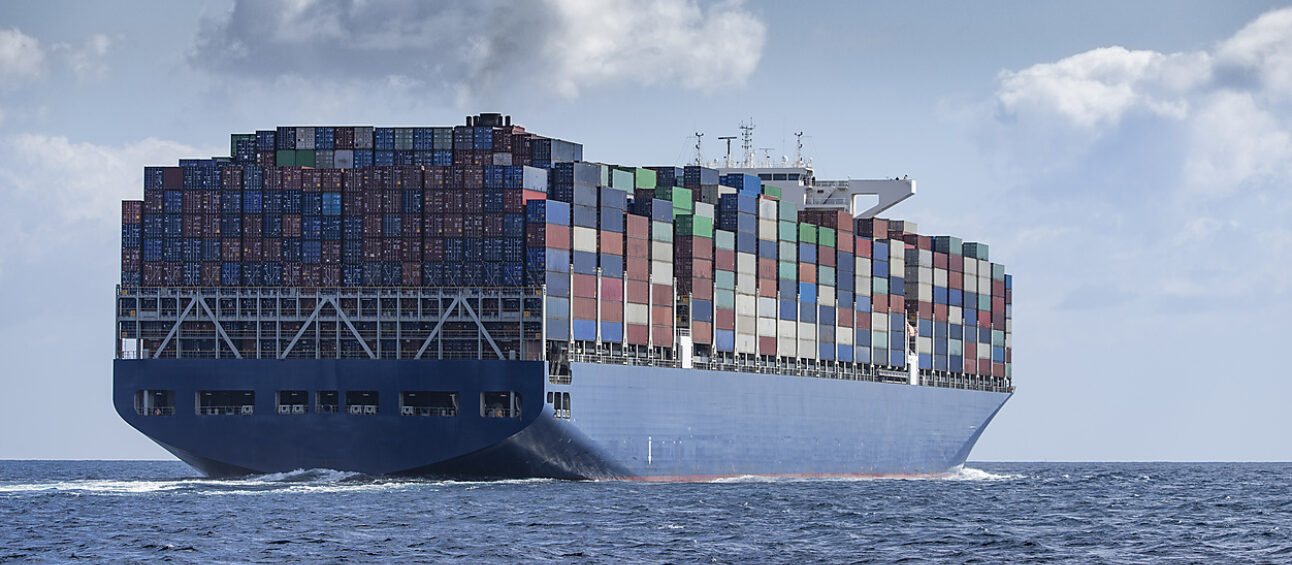The collapsed bridge blocks the vital access to the 9th largest US port, causing substantial supply chain disruption and multi-million dollar financial losses. It’s even the 1st port for car, truck, farm and construction machinery imports and the 2nd port for coal exports. This unfortunate accident pinpoints once more the dependency of the world trade and supply chains on sometimes very fragile vital infrastructure and shipping lanes. It also re-affirms the absolute necessity of a solid risk management and insurance strategy to mitigate implications and avoid unrecoverable financial losses.
Several vessels are now trapped behind the bridge and hundreds of vessels importing goods to the US will need to be rerouted. It is too early to estimate the period of time that the port will be blocked or the overall cost of this accident. The first estimates refer to a similar total cost as the incident with the Costa Concordia, which amounted to about 1.5 billion US dollars.
Direct physical losses such as the loss of life or damage to the bridge and vessel are of course most apparent, but there’s a wide variety of further substantial costs or losses that need consideration such as:
- Loss of income for the port of Baltimore and the terminals behind the bridge that are now inaccessible.
- Loss of income for more than 50 vessels that will be trapped within the port for probably an extensive period of time.
- Direct physical losses of some of the cargo on board of the mv Dali.
- Salvage operation.
- Rerouting and other related costs for the vessels that were Baltimore bound but now will need to change their schedule.
- Indirect physical damages to for instance perishable cargo or financial losses or penalties for cargo that now cannot be delivered in due time, without being actually damaged as a consequence of the collision.
There are still many uncertainties at this point about the circumstances of the accident and resulting losses and costs.
There is a multitude of questions that arise.
Who will be held liable for the accident? And what limitations of liability will limit recovery options? Will the costs for the trapped vessels initially be for the account of the ship owner or for the (time or voyage) charterer? And who will need to bear the costs for vessels re-routing, cargo or vessel interests?
Various answers may apply, depending on the precise nature of the cost item, and of underlying contractual stipulations between all parties involved in the maritime adventure.
It is now
too early to determine liabilities and comment on who will finally end up paying the bill. Many issues need to be taken into account, such as the nature of the loss (loss of life, direct physical damage costs or indirect and more remote losses of a pure financial nature), ‘force majeure’ and other specific contractual stipulations that could be invoked in order to avoid liability, applicable law and jurisdiction (contract or tort, US federal or state laws, international treaties or other contractually agreed legal regimes), to name a few relevant ones. Determining these issues and achieving results could take years for some involved, and most probably expensive legal procedures.
There is only one element that we can be relatively confident about: the mv Dali, operated by Maersk, has an adequate P&I cover covering most of the direct physical damages and loss of human life, but this only IF the vessel is (found) liable for the accident… But for many of the above mentioned cost items, the P&I insurer will not intervene even if the vessel is found liable for the accident.
Fortunately, insurance solutions are available enabling you to claim immediately from your insurer with no need to await the outcome of lengthy legal procedures or having to worry about facing uncertain recovery prospects for whatever reason. Whether you are a ship owner, charterer or when your goods (as buyer or seller) are being transported, there are insurance solutions available for your needs, covering these own losses but also providing protection against claims from others.
These solutions are often very specific, custom made to a very large extent, and they definitely require specific marine insurance expertise. It is often accidents like these that sharpen the awareness to such unexpected consequences of a fatality that may be totally beyond your control, and that may cause substantial concerns for your balance sheet.
At Vanbreda we have a team of 35 experts in marine insurance at your disposal to answer all of your questions and to propose adequate solutions for the complete marine insurance product range. Please do not hesitate to contact us at info@vanbreda-marine.com or via your regular contact person if you wish to discuss further in detail.


